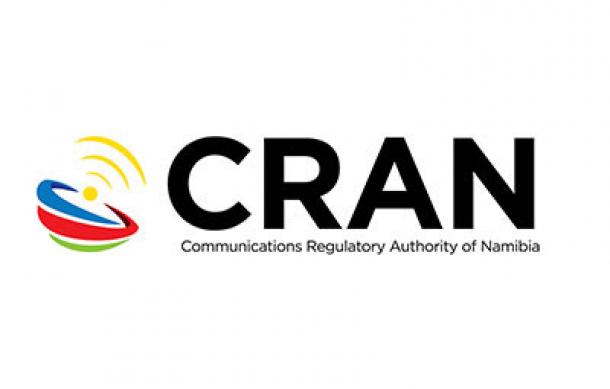
In a recent judgement, the Namibian Supreme Court upheld the Communications Regulatory Authority of Namibia (CRAN) to impose regulatory levies on telecommunication service providers.
The court ruled that CRAN's power to levy fees is subject to sufficient checks and balances, ensuring that the levies are not arbitrary or unconstitutional.
This decision has significant implications for the telecommunications sector in Namibia.
The case, brought by a major telecom operator, MTC, challenged CRAN's authority to impose regulatory levies, arguing that the levies should be determined by the legislature rather than the regulatory authority.
MTC contended that the lack of ministerial oversight over CRAN's levy-setting process was unconstitutional.
In its defense, CRAN asserted that its power to impose levies was essential for funding its regulatory activities and that sufficient checks and balances were in place to prevent arbitrary or excessive charges.
CRAN argued that the levies were necessary to ensure the sustainability of the regulatory body and the telecom operators.
The court examined the relevant provisions of the Communications Act and concluded that CRAN's discretion to impose levies was not unfettered.
The Act requires CRAN to consider the impact of the levies on operators' sustainability and provides for a transparent process for setting and reviewing the levies.
The court also noted that CRAN's decisions could be challenged in court, providing further oversight.
The judgment clarified that the levies imposed by CRAN are regulatory fees, not taxes, and are intended to cover the costs associated with regulating the telecommunications sector.
The court's decision affirmed CRAN's authority to impose these levies and underscored the importance of regulatory bodies having adequate funding to fulfil their mandates.
Justices Sylvestor Mainga, Dave Smuts, and Deputy Chief Justice Petrus Damaseb ruled.





